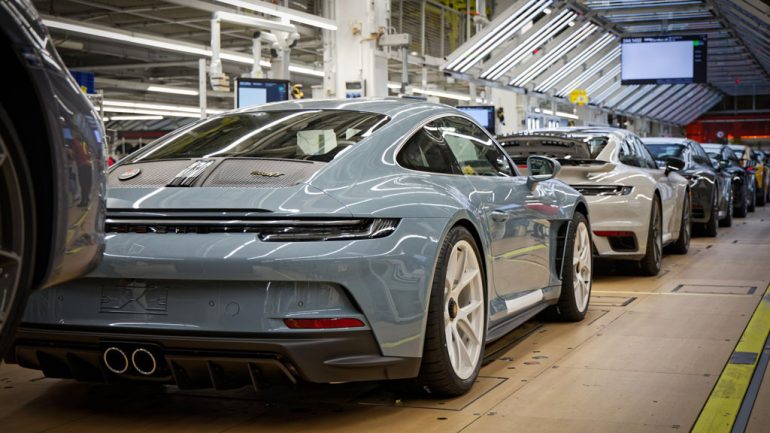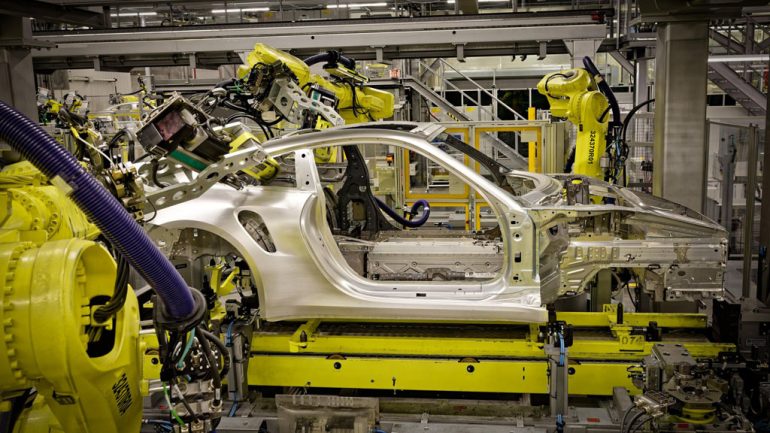Tariffs Shake Up Auto Shipments

With the recent introduction of a 25% tariff on imported vehicles, the automotive landscape in the United States is undergoing a significant shift. As ripples spread across the industry, several manufacturers, including Lotus, Jaguar Land Rover, Volkswagen, and Audi, have decided to put a temporary halt to their U.S.-bound shipments. This move, reminiscent of a strategic pause to assess the situation, isn’t surprising given the new financial pressures these companies face.
Audi’s Response

For Audi, this development means halting all vehicles heading to the U.S. that reach the ports post-April 2. Those vehicles already past customs bear a sticker indicating their exemption from the new tariffs. The Q5 model, manufactured in Mexico, might face dual tariffs, potentially reaching a total of 50%, making the situation especially challenging for models outside the U.S.-Canada-Mexico Agreement framework.
Industry Impact
The overarching implication is clear: automakers without significant U.S. manufacturing presence face tough choices. These tariff hikes hit the bottom line hard, forcing companies like Audi and VW to reconsider immediate strategies. While it’s a waiting game now, the expectation is that market and political pressures could lead to revisions sooner rather than later.
Lotus and JLR
Over in the UK, Lotus has suspended U.S. shipments indefinitely. Jaguar Land Rover, meanwhile, took a slightly different approach with a one-month pause, providing a brief window to gauge how tariff policies might evolve. Such strategic suspensions are both a hedge against potential losses and a preparation for future market adjustments.
Volkswagen’s Approach
Similar uncertainties loom over Volkswagen and Porsche as they pause U.S.-bound deliveries. Official statements on these moves remain sparse, but it’s evident the 25% tariff has forced these brands to reassess logistics and pricing strategies amid fluctuating trade policy landscapes.
Driving Implications
This situation is unfortunate news for car enthusiasts yearning for the latest models from these iconic brands. Patience is now required as the industry navigates these choppy waters. The focus remains not just on stringent tariff impacts but also on the broader economic implications and potential shifts in global trade policies. Ultimately, the dynamics in the auto market may be set for considerable change if adjustments to these tariffs don’t occur swiftly.
Overall, it’s a time of waiting and watching. The next few weeks could redefine market strategies and influence how automakers balance supply chain logistics with evolving trade rules. American consumers will eagerly anticipate any return to normalcy with fingers crossed for favorable adjustments to these new tariffs.
Elvis' Guitar Car
Ami Buggy Returns
Porsche Q1 Profit Dip
Toyota's EV Hesitation
Polo Hits 50 Years